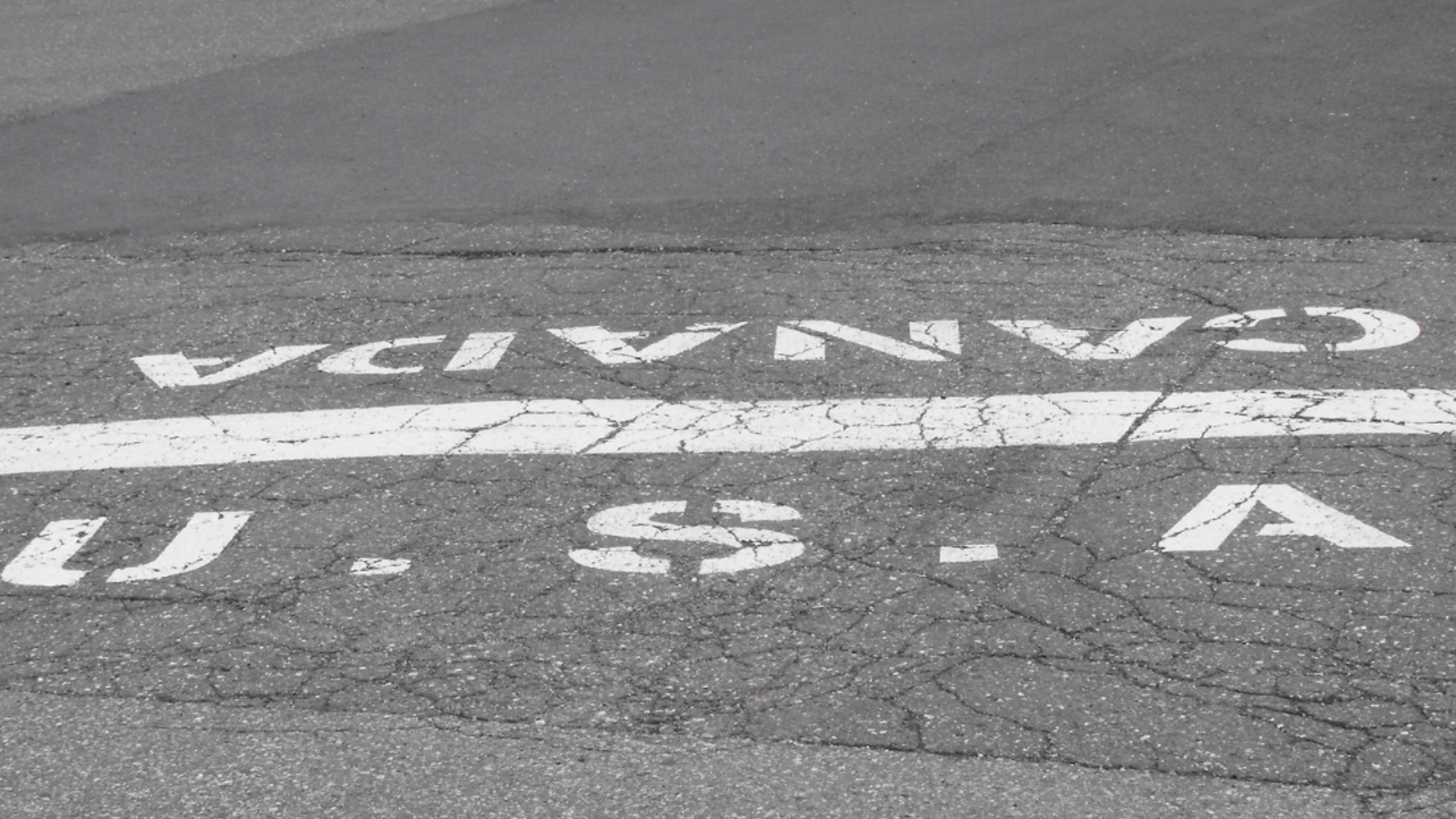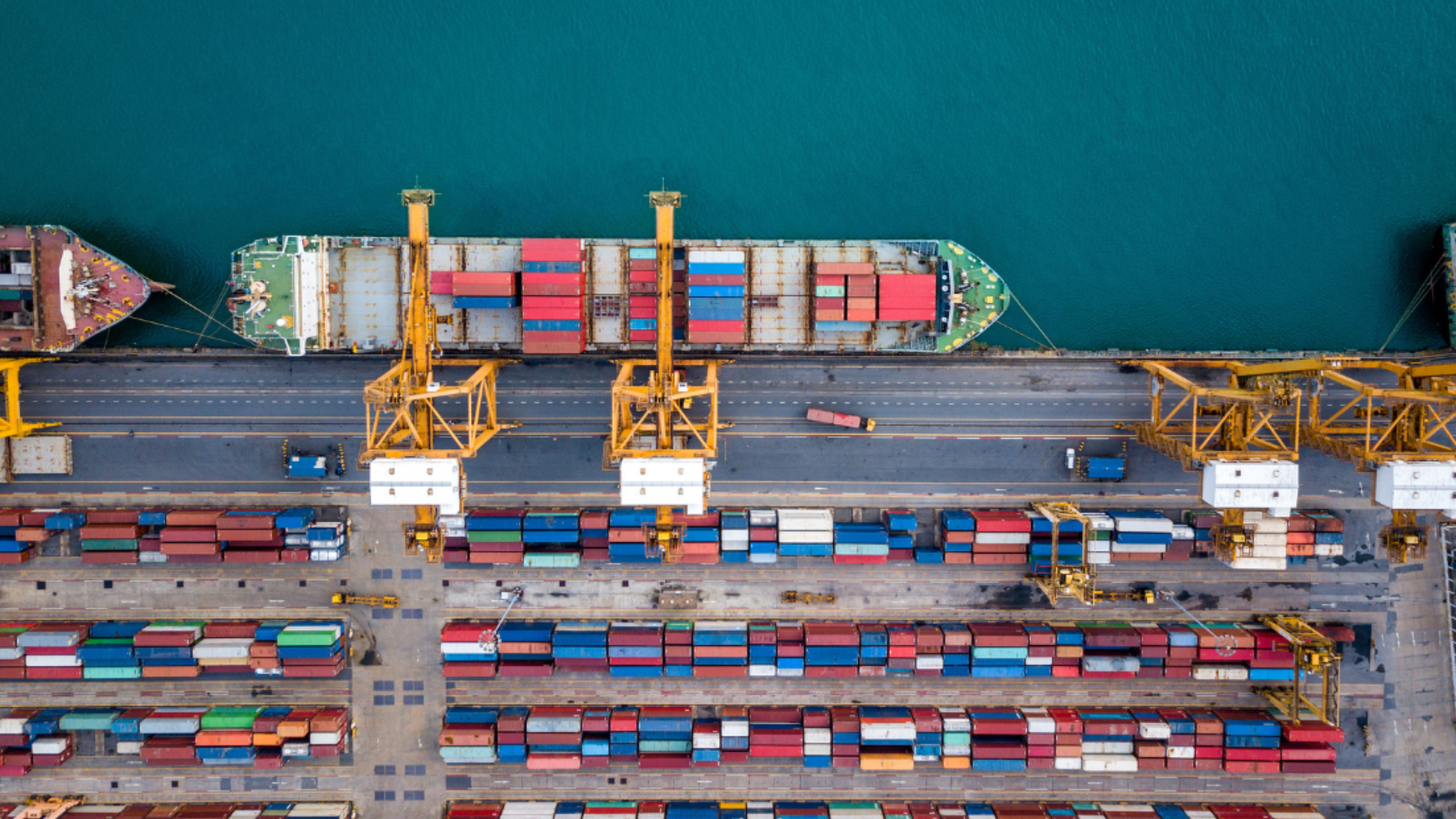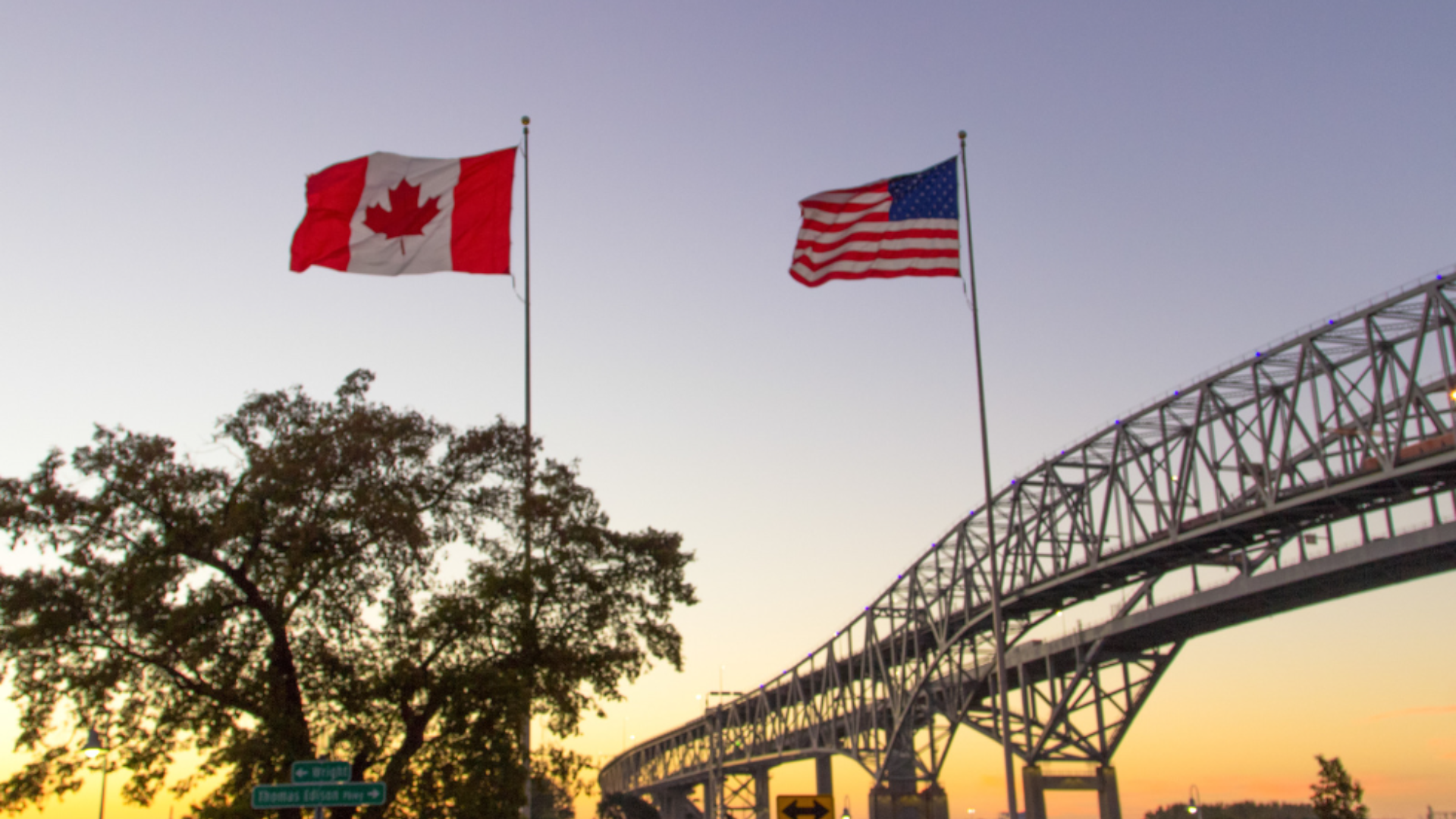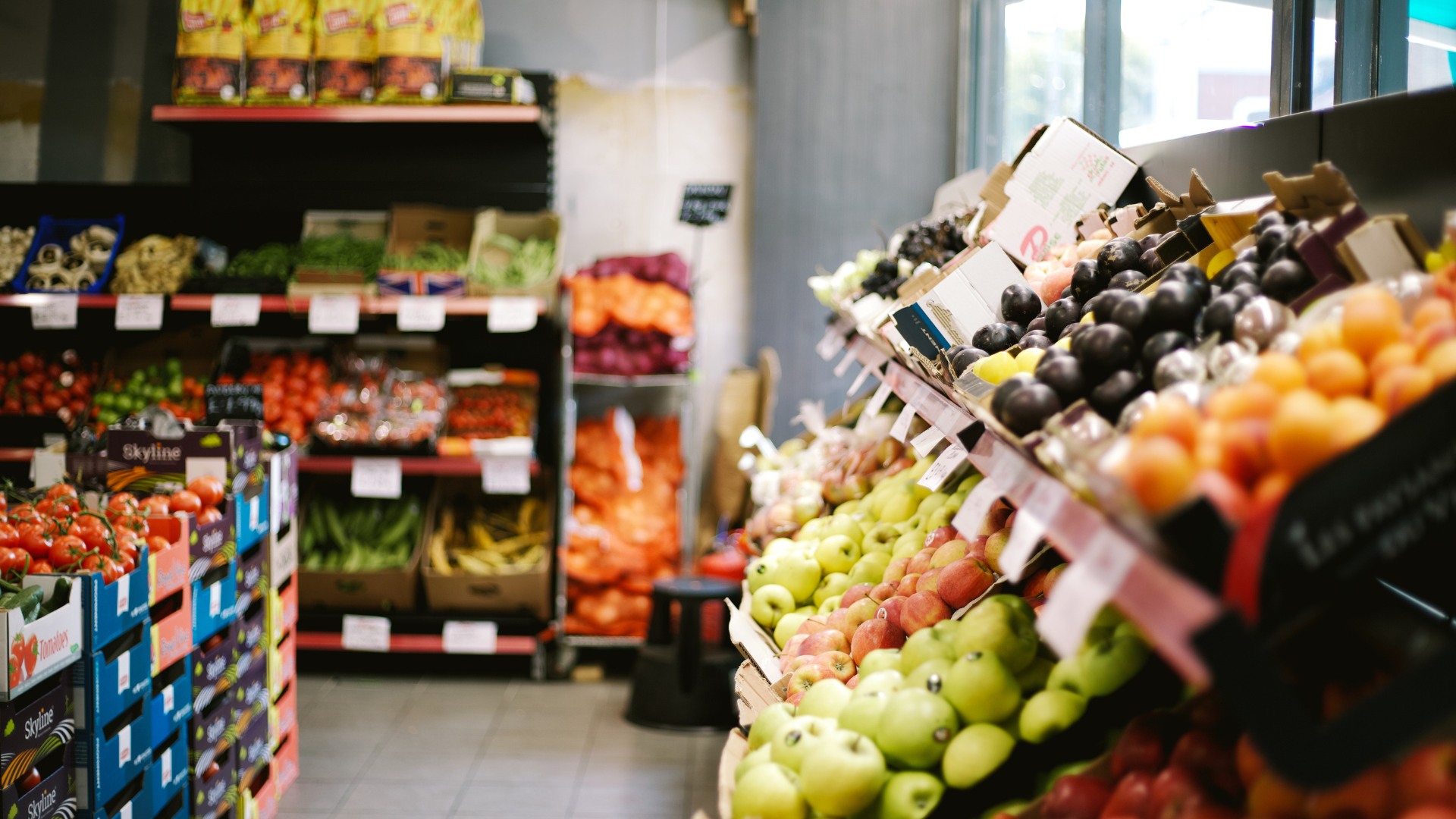FINANCE AND BUSINESS ECONOMICS
Tariffs ‘run the risk of breaking Canada’, McMaster expert warns
February 11, 2025 ·
Contributed by: McMaster University

Canada has escaped steep tariffs on its goods entering the United States — for now.
If they do get enacted, tariffs will drive up prices for American consumers, but Canada will certainly feel the pain, says William Huggins, assistant professor of finance and business economics at the DeGroote School of Business.
Canada is much more vulnerable in the trade relationship says Huggins, and replacing a “rich, powerful neighbour that likes you” will be almost impossible.
We asked Huggins about the impact of tariffs and the economic relationship between the two countries.
What is a tariff?
A tariff is a form of trade policy designed to make it more difficult for other countries to export their goods into a domestic market. The idea is to raise the price of imports above the price of locally produced goods, hoping people would switch to buying domestic because imports are more expensive.
Essentially, tariffs increase the cost of non-domestic goods.
When evaluating whether a tariff is beneficial for a country, we often consider the combined impact on domestic consumers and producers. However, within a country, the impact differs.
The consumers always lose when there are tariffs, and the domestic producers are the winners.
What is a tariff meant to do?
A tariff can be used to limit another country’s ability to trade with you by making it more expensive for people to buy their goods. That could lead to all kinds of economic difficulties. We would have encountered that in Canada almost right away.
If the tariffs do end up in place, where would Canada see immediate pain?
The immediate impact would be felt in sectors where we sell to the U.S. and where they have alternatives: Oil and gas, lumber, copper, food, etc.
The result would be unemployment.
Tariffs on Canadian goods mean the price of buying Canadian goes up for Americans. If there are alternatives without tariffs, they would likely shift away from buying Canadian products, reducing demand for our goods.
If demand falls enough, companies start losing money and laying off workers. Our prices don’t rise as a result of that, but unemployment definitely goes up.
The auto industry is another big one. The Auto Pact and free trade agreements in the 20th Century allowed the U.S. and Canada to produce cars for a combined market. This integration was beneficial because it spread the large, fixed costs of car manufacturing over a larger production run, reducing the cost per vehicle.
There are a lot of auto parts that go back and forth across the border several times, and every time they cross the border, there’d be a 25 per cent tariff slapped on, so automobiles would immediately increase in price, followed by lower sales and eventually unemployment in auto sector.
If Canada retaliates with matching tariffs, it will raise prices for Canadians because it’s consumers who ultimately bear the cost of tariffs. A trade war would make American goods expensive in Canada, leading Canadians to buy less of them, which would hurt American producers.
This could result in a cycle of rising unemployment and economic hardship, similar to effects of the Smoot-Hawley tariff in the 1930s.
We haven’t had major trade barriers between Canada and the U.S. in almost a century. If we go back to a tariff world, Canadians’ standard of living is going to come down.
It’s a tough time out there as it is without these tariffs. Add the tariffs on top of where we are, you run the risk of breaking Canada.
Why do we rely so much on America?
Geography and distance play a significant role. Historically, Canada has been in the orbit of various Atlantic, (i.e. European/American) empires. With a small population, Canada has often aligned with larger powers: First the French, then the English, and now the Americans, who are like Jupiter with their immense gravitational pull. We’re probably not going to escape that gravity any time soon.
One long-term strategy for Canada could be to strengthen itself economically and politically, potentially reducing reliance on the U.S. However, for now, the U.S. has a substantial influence on our economy.
There isn’t much of a Plan B for Canada. The idea that we can ditch America and Europe will ride to the rescue is not true, economically or security-wise. It will be very hard for us to replace America, if not almost impossible.
There’s no substitute for a rich, powerful neighbour that likes you. Historically, the U.S. looked out for Canada’s interests because they were aligned. This alignment is less certain now, so Canada needs to ensure it remains useful to the U.S. and market itself effectively to American strategic thinkers.















What are the pros and cons of aligning somewhat with China and possibly India?
As an example with regard to the auto industry:
1. Block future imports of Tesla vehicles.
2. Take the current 100% tariff off of Chinese electric cars like BYD, with the stipulation that the Chinese electric cars sold in Canada are assembled in Canada. This could possibly be ramped up quickly, since there is a large Stilantis/Chrysler assembly plant not operating for over a year in Brampton, Ontario.
My impression is that the big three auto makers have been reducing production in Canada for Years. A large Honda Plant in Alliston, Ontario creates a lot of jobs in the area where I live. signed, John Buch, Mac alumni